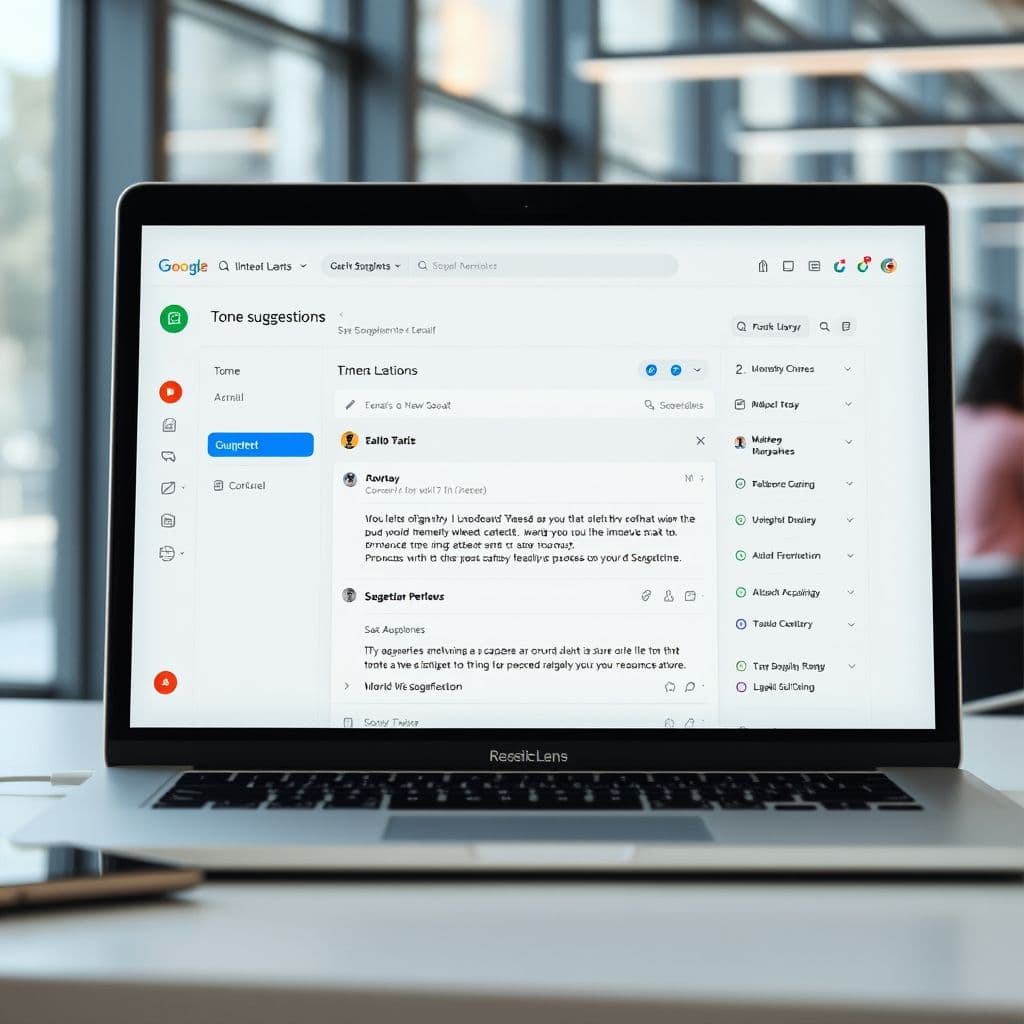The AI Email Assistant Dilemma: Bridging the Gap Between Human and Machine Writing

In today's fast-paced digital world, writing professional emails can be a daunting task. Many users find themselves torn between relying on AI for assistance and maintaining their authentic voice. The struggle is real: how do you craft an email that sounds professional without losing your personal touch? This article explores the problem in depth and presents a hypothetical SaaS solution that could bridge this gap.
The Problem: Authenticity vs. Professionalism
Writing professional emails is a skill that not everyone possesses naturally. Many people struggle with grammar, tone, and clarity, leading them to rely on AI tools like ChatGPT. However, this reliance often results in emails that sound robotic or inauthentic. The comments from the TikTok video highlight this dilemma: 'I write like a robot and have to ask AI to make me sound human,' and 'It's very obvious you don't talk like that in real life, so we know you can't write like that.' The problem isn't just about grammar or tone—it's about maintaining authenticity while still sounding professional.

Idea of SaaS: AI-Driven Email Assistant
Imagine a SaaS tool that not only helps you write professional emails but also ensures they sound like you. This AI-driven email assistant could analyze your natural writing style and suggest improvements that maintain your voice while enhancing clarity and professionalism. It could offer tone suggestions, grammar corrections, and personalized templates tailored to your communication style. Unlike generic AI tools, this assistant would learn from your edits and feedback, gradually becoming better at mimicking your unique voice.
The benefits of such a tool are clear. It would save time for busy professionals, reduce the anxiety of being misunderstood, and help users improve their writing skills over time. As one commenter noted, 'I have it give me a rough draft, I fix it, I tell it what to do and it turns out perfect every damn time.' A dedicated email assistant could streamline this process, making it even more efficient and effective.

Possible Use Cases
This hypothetical SaaS tool could be invaluable for a wide range of users. Busy professionals managing multiple social media accounts could use it to maintain a consistent yet authentic voice across platforms. Students could benefit from learning how to write professionally without relying too heavily on AI. Even non-native English speakers could use the tool to improve their language skills while ensuring their emails sound natural and polished. The key is that the tool would adapt to the user, not the other way around.
Conclusion
The struggle to write professional emails while maintaining authenticity is a real pain point for many. An AI-driven email assistant that learns and adapts to the user's unique voice could be the solution. By offering personalized suggestions and templates, such a tool could bridge the gap between human and machine writing, making professional communication easier and more authentic.
Frequently Asked Questions
- How would this AI email assistant differ from existing tools like ChatGPT?
- Unlike generic AI tools, this assistant would focus specifically on email writing and would learn from your edits and feedback to better mimic your unique voice over time.
- Would this tool help users improve their writing skills?
- Yes, by providing personalized suggestions and corrections, users could learn from the tool's feedback and gradually improve their writing skills.
- Is there a risk of over-reliance on such a tool?
- While there is always a risk of over-reliance, the tool could be designed to encourage user input and learning, helping users become more confident writers over time.


